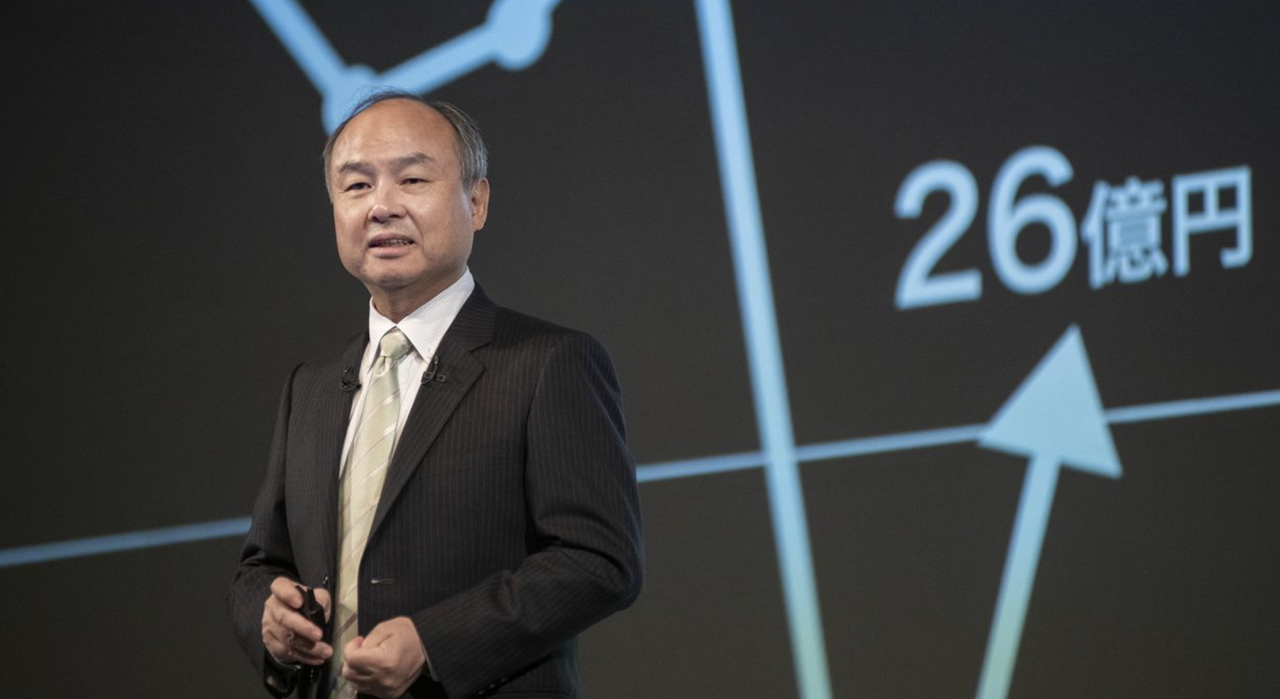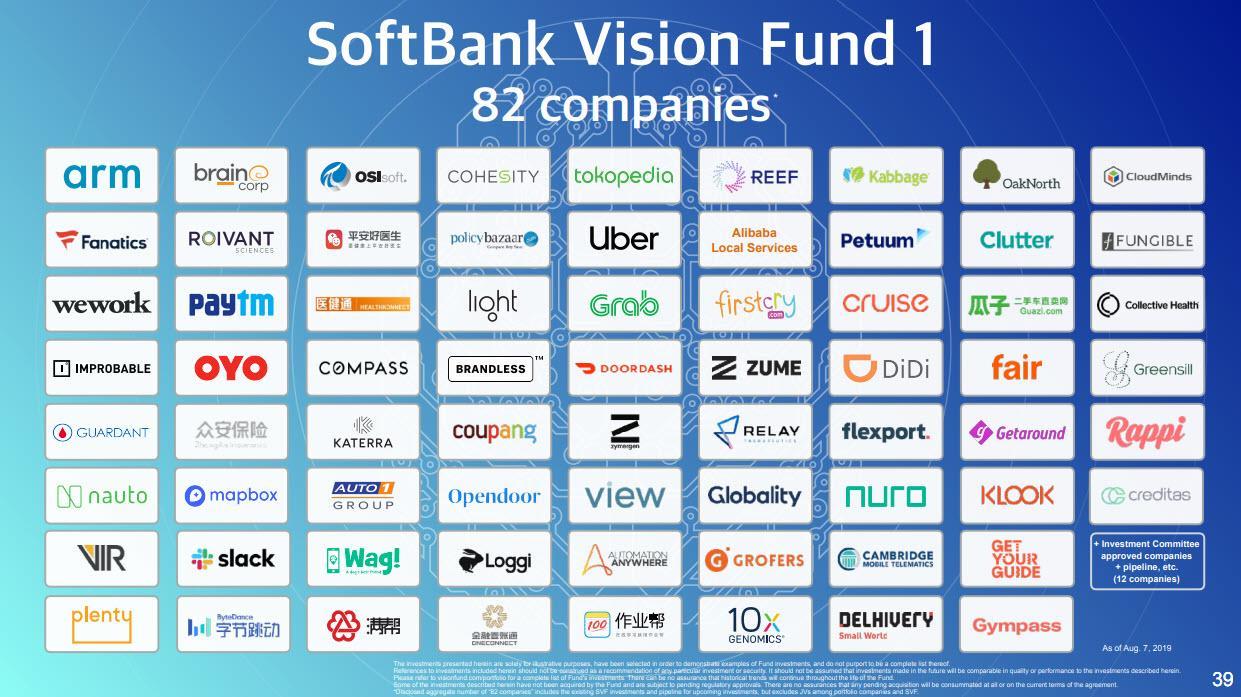“It’s The Perfect Storm” – SoftBank Reports Staggering $25 Billion Q1 Loss
In an announcement that should surprise absolutely nobody who has been paying attention, SoftBank announced in a corporate filing on Monday that the Japanese telecom conglomerate with a VC arm expected to report the biggest loss in its nearly 40-year history.
For Q1, SoftBank expects to report a ¥1.8 trillion ($16.7 billion) loss from the company’s stake in its $100 billion ‘Vision Fund’, and another ¥800 billion ($7.4 billion) in losses from its own portfolio of investments. Even considering everything that’s been going on in the world, those are massive numbers.
As one analyst told Bloomberg, the dire situation the company has found itself in resembles a “perfect storm,” as millions of investors recalibrate the odds of the Japanese corporate titan’s long-term survival. Of course, SoftBank’s collapse would be such a blow to the Japanese economy, that we would expect the Abe government, or even the BoJ, to immediately swoop in and bail it out, since moral hazard (at least for big corporations) no longer seems to apply.
“This is looking more and more like the perfect storm for SoftBank,” said Justin Tang, head of Asian Research at United First Partners. “The question is whether there is more to come.”
As WSJ explained in its report, SoftBank’s current predicament is a consequence of Chairman Masayoshi Son’s desire to make a name for himself as a discerning investor in early-stage companies. Without the ‘Vision Fund’ and its own portfolio of investments, SoftBank would still be just a boring old telecoms firm.
Instead, with his reputation in tatters, Masa Son has now put up more than $40 billion of his personal fortune to guarantee loans to his company, an arrangement that will leave him personally liable if the situation at SoftBank goes south.
Since the WeWork blow-up, SoftBank has been regularly mocked over the last six months or so amid regular reports of portfolio companies folding, the latest being last week’s “OneWeb”, a startup that aimed to deploy hundreds of satellites and provide global broadband service. But with the coronavirus outbreak driving the global economy into what looks to be a punishing recession, Masa Son is quickly running out of breathing room.
SoftBank invests in startups both for its own portfolio, as well as its ‘Vision Fund’ portfolio. While the Saudis are by far the biggest investors in the Vision Fund, with a stake of ~$45 billion, SoftBank owns a $33 billion stake in the $100 billion fund. Other investors include corporations like Foxconn and Apple, as well as Oracle Founder Larry Ellison.
For the last few years, SoftBank has been a practically price-insensitive investor, dropping billions of dollars in Silicon Valley darlings like Uber (SoftBank has lost money on its Uber investment) as well as dozens of other startups. SoftBank and the Vision Fund have been blamed for almost single-handedly inspiring the massive bubble in startup valuations, a bubble that exploded last year after a string of disappointing IPOs – Uber, Lyft, Peloton Etc. – followed by WeWork, a company in which SoftBank had invested at a valuation of nearly $50 billion, deciding to scrap its IPO after a dramatic drop in valuations.
WeWork’s board decided to sue SoftBank earlier this month after the company renegged on a $3 billion payoff to company insiders, including CEO Adam Neumann and several VC funds that backed WeWork citing clauses in an agreement that gave it a legal ‘out’.
Unfortunately for SoftBank’s workers, the Japanese government might be left up to the task of chastising a major national champion in the middle of an unprecedented pandemic, when everything about the investing environment seems dangerously uncertain. With the pressure from Paul Singer and Elliott Management, plus the downgrade from Moody’s deep into speculative grade for its debt (though Japanese ratings firms still see SoftBank as a low-risk bet), Masa Son apparently sees only one way forward in the near term: Buy back more stock.
Tyler Durden
Mon, 04/13/2020 – 21:45
via ZeroHedge News https://ift.tt/3ehG07m Tyler Durden

